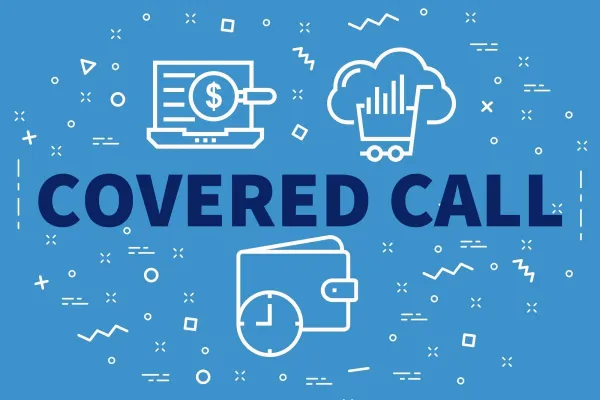John C. Bogle - Vanguard Investment philosophy


Select Low-Cost Funds
Investing in low-cost funds is crucial because high expenses can significantly erode your returns over time. Management fees, expense ratios, and other costs may seem small annually but can compound to substantial amounts, reducing your overall wealth. Opt for index funds or ETFs with lower fees, as they often outperform higher-cost actively managed funds in the long run due to their efficiency and reduced cost burden.
Consider Carefully the Added Costs of Advice
While professional financial advice can be valuable, it often comes at a high cost. Ensure that the benefits of advice outweigh its price by analyzing whether it adds meaningful value, such as a clear strategy or better financial discipline. Low-cost robo-advisors and fee-only financial planners can provide cost-effective alternatives to traditional advisory services, saving you unnecessary expenses.
Do Not Overrate Past Fund Performance
Past performance is not always indicative of future success, and relying solely on historical returns can lead to disappointment. High-performing funds in the past may struggle to replicate their success due to market changes, increased fees, or a shift in management strategy. It’s important to evaluate the fund's structure and management rather than relying purely on its track record.
Use Past Performance to Determine Consistency and Risk
While you shouldn’t overrate past performance, it can be a useful tool for assessing a fund’s consistency and risk profile. Analyze long-term data to identify trends in returns and volatility, ensuring that the fund aligns with your risk tolerance and investment goals. Consistent performance in varied market conditions is often a sign of a well-managed fund.
Beware of Stars (as in, Star Mutual Fund Managers)
Relying on a single "star" fund manager can be risky, as their success may be tied to personal expertise or strategies that may not be sustainable. Additionally, changes in management or unforeseen circumstances can impact the fund’s performance. Focus on funds with strong processes and a team-based approach, as these are generally more stable and reliable.
Beware of Asset Size
Larger funds often face challenges such as limited flexibility in adapting to market changes and difficulty deploying capital efficiently. Over time, this can hinder performance, particularly in niche markets where large transactions may disrupt pricing. Smaller, well-managed funds can often offer better growth potential and agility in their investment strategies.
Don't Own Too Many Funds
Diversification is important, but over-diversifying by owning too many funds can dilute your returns and make portfolio management cumbersome. With excessive overlap in holdings, you may inadvertently increase costs and complexity without adding significant value. A focused, well-diversified portfolio of a few high-quality funds is usually more effective.
Buy Your Fund Portfolio – and Hold It
Frequent buying and selling of funds can lead to unnecessary costs, tax implications, and emotional decision-making, reducing long-term returns. Instead, adopt a disciplined buy-and-hold approach, focusing on your investment goals and time horizon. Regular rebalancing, rather than reactionary trading, will help you maintain the desired risk and return balance.



